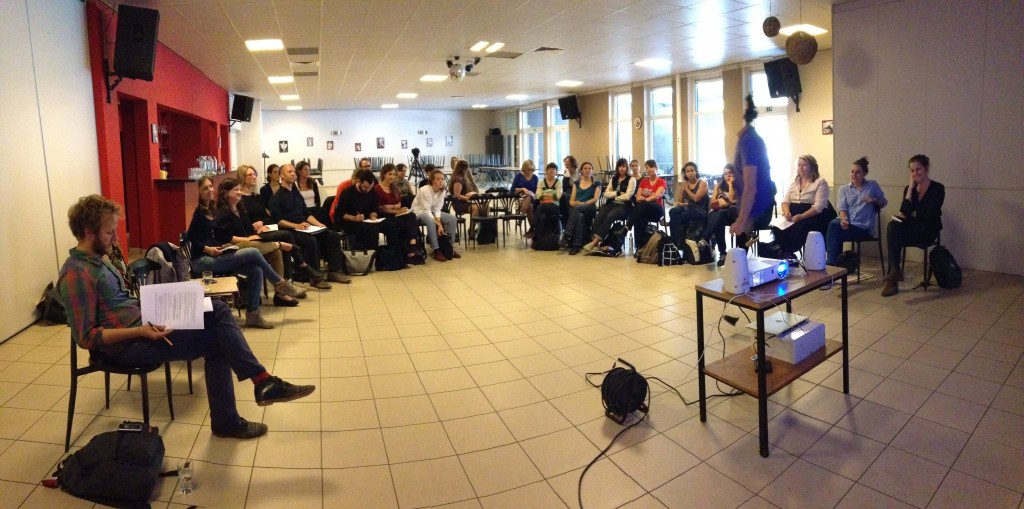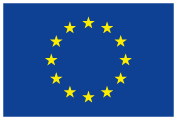Social, economic and environmental changes ask for a rethinking and repositioning of designers and artists in society. In this line of thought, the TRADERS project questions how designers and artists can engage people to participate in the debate about, and the construction of, public space. The project also aims to develop tools for training future art and design practitioners and researchers in doing so. Six design and art researchers investigate specific participatory approaches in public space (play, intervention, mapping, data-mining and modelling in dialogue), which eventually will result in a framework for training.
*The Summer School is open to external participants who have previously followed the application procedures and were selected to join.
This Summer School attempts to take a first step in investigating this question, by exploring the power relations involved in working in participatory ways in public space. A series of workshops will embark in creating approaches and tools for (training) artists and designers in dealing with power relations in participatory set-ups. We will explore approaches and tools on two sides of a spectrum. On the one hand, in a disruptive approach, the role of the designer or artist could be to engage people in a practice of questioning power relations. For instance, Carl DiSalvo (‘Adversarial Design’, 2012), referring to Chantal Mouffe, sees a role for designers to construct an agonistic public sphere of contestation where people can be confronted with alternative positions. On the other hand, a ludic (or playful) approach distances itself from the explicit references to the power relations at stake by using playful, game-like set-ups. Exemplary for this approach, the Dada-movement or the ‘Situationist International’ were a reaction to a political or socio-economical situation, but responded to it using coincidence, play or collage.
Full program: TRADERS Summer School #1
Reader: http://goo.gl/yQPULv
Read More



